 W
WThe Alpine Garden Society headquarters are at Pershore, Worcestershire. It is an "International Society for the cultivation, conservation and exploration of alpine and rock garden plants, small hardy herbaceous plants, hardy and half-hardy bulbs, hardy ferns and small shrubs".
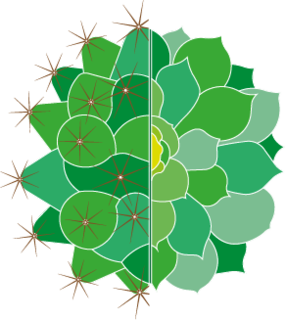 W
WThe British Cactus & Succulent Society (BCSS) was founded in 1983 by the coalition of The National Cactus and Succulent Society and The Cactus and Succulent Society of Great Britain. There are over 80 local branches around the UK that organise local activities including shows, talks and markets. The national Society also organises talks, shows and international conventions. The current patrons are Anne Swithinbank and Tom Hart Dyke.
 W
WCripley Meadow lies between the Castle Mill Stream, a backwater of the River Thames, and the Cotswold Line railway to the east, and Fiddler's Island, on the main branch of the Thames to the west, in Oxford, England. It is to the south of the better known Port Meadow, a large meadow of common land. To the south is Sheepwash Channel which connects the Oxford Canal with the River Thames.
 W
WThe Crop Science Centre is an alliance between the University of Cambridge and National Institute of Agricultural Botany (NIAB).
 W
WThe Daffodil Society is the oldest organisation dedicated to the breeding of daffodils. The goal of the society, which was founded in Birmingham in 1898 as The Midland Daffodil Society, is to promote the breeding of daffodils. However the society does not register new cultivars, but rather they are registered with the Royal Horticultural Society, headquartered in London.
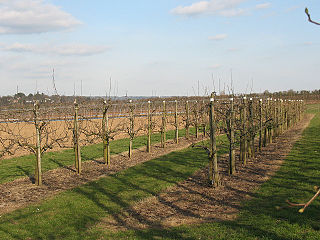 W
WNIAB EMR is a horticultural and agricultural research institute at East Malling, Kent in England, with a specialism in fruit and clonally propagated crop production. In 2016, the institute became part of the NIAB Group.
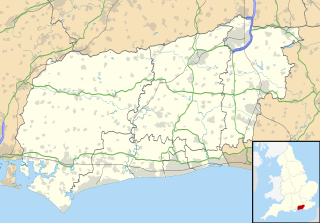 W
WThe Fernhurst Research Station was a crop protection chemical research institute in West Sussex, mainly run by ICI, for the fruit industry.
 W
WThe Fruit and Vegetable Preservation Research Station (FVPRS) was a former British government research institute, now a private research company, that has made important industry-wide advances in food preservation, notably canning.
 W
WThe Garden Museum in London is Britain's only museum of the art, history and design of gardens. The museum re-opened in 2017 after an 18-month redevelopment project.
 W
WGardeners' Royal Benevolent Society is a large national charity in the United Kingdom. It currently operates under the working name Perennial.
 W
WThe Hebe Society promotes the cultivation and conservation of hebes and other New Zealand native plants.
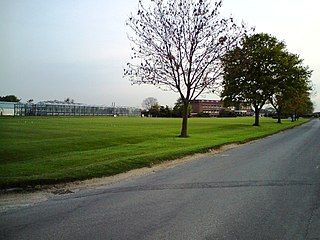 W
WThe Levington Research Station is a fertiliser research institute in Suffolk.
 W
WThe Lindley Library in London is the largest horticultural library in the world. It is within the headquarters of the Royal Horticultural Society,
 W
WThe Royal Caledonian Horticultural Society (RCHS) is the national horticultural society of Scotland, and was founded in 1809. Members include both amateur and professional, generalists, specialists and those who simply like gardens and gardening. The aim of the society is to inspire, encourage and support the science, art and practice of all types of horticulture in Scotland and to advance education in gardening and horticulture for everyone. It was a founding part in the establishment of 'Gardening Scotland'.and in the formation of the 'Scottish Gardeners Forum', organisations with which it continues to maintain strong links.
 W
WThe Royal Horticultural Society (RHS), founded in 1804 as the Horticultural Society of London, is the UK's leading gardening charity.
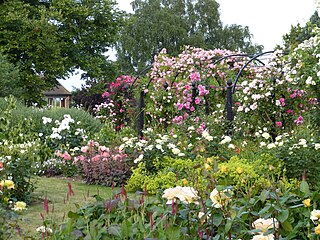 W
WThe Royal National Rose Society (RNRS) (1876-2017) was a specialist horticultural organization in the United Kingdom dedicated to the cultivation and appreciation of roses. Founded in 1876 as the "National Rose Society", it was the world's oldest plant society. It was a membership organisation, with members drawn from professional and amateur gardeners and horticultural businesses. Originally based in London, the rose society moved its headquarters to Chiswell Green, near St Albans, Hertfordshire in 1959, where it created the Royal National Rose Society Gardens. In 1965, the society changed its name to the "Royal National Rose Society" (RNRS). At the height of its popularity, the RNRS had 100,000 members and its gardens contained 30,000 rose shrubs. The organisation was dissolved in May, 2017 and the gardens were closed permanently.
 W
WSuffolk Rural College is an English further education college in the village of Otley, Suffolk. The college was founded in 1970 as Otley College of Agriculture and Horticulture. It merged with Ipswich-based Suffolk New College in 2020, having previously been partnered with Easton College in Norfolk.
 W
WWaterperry Gardens are a garden with a museum in the village of Waterperry near Wheatley east of Oxford in Oxfordshire, England.